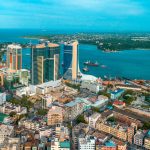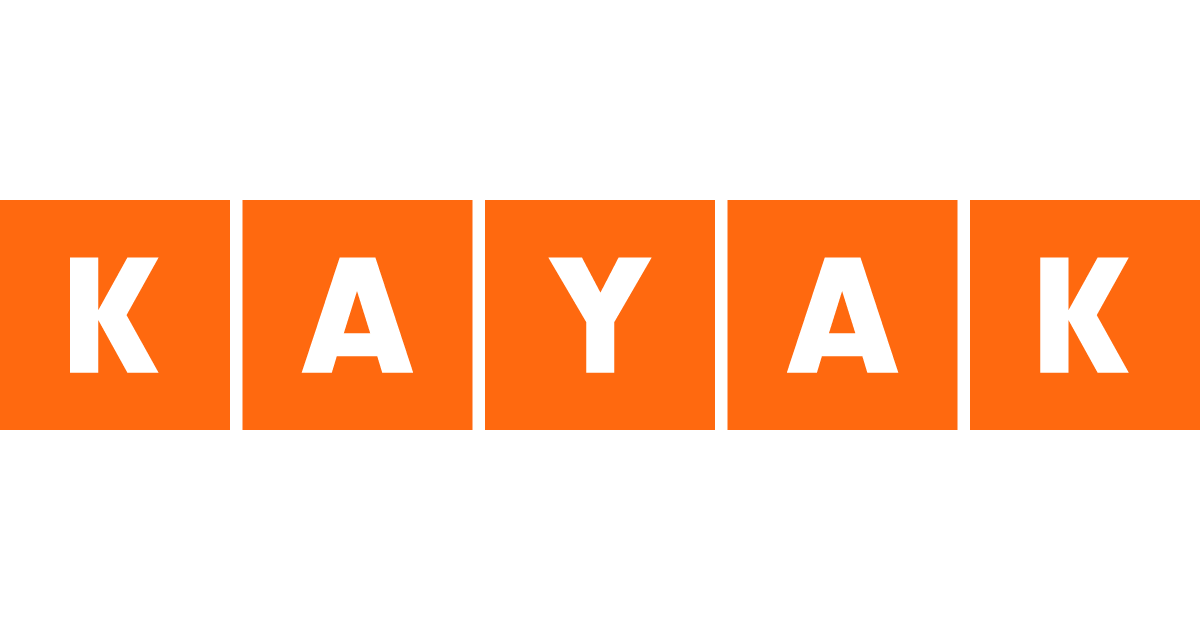Climbing Kilimanjaro is not just a test of the legs, lungs, and stamina—it’s a journey that challenges your spirit. As a local tour operator and mountaineer who has guided countless trekkers to Uhuru Peak, I can confidently say that mental preparation is just as vital as physical training. You can be fit, geared up, and ready to go—but if your mindset falters, climbing Kilimanjaro becomes harder than you imagined.
Here’s how to mentally prepare for climbing Kilimanjaro—one step at a time.
Know What You’re Getting Into
Before you even lace up your boots, take time to understand the challenge. Climbing Kilimanjaro is not technical, but it’s still a serious undertaking.
- You’ll walk for hours a day for nearly a week.
- You’ll face cold nights, dusty trails, and a thinning atmosphere.
Knowing this helps set realistic expectations. Don’t underestimate it. Don’t fear it. Just respect it.
Find Your “Why”
What’s pulling you up that mountain? Is it an adventure? Healing? A personal challenge?
When things get hard—and they will—your reason will carry you. Write it down. Say it out loud. Remind yourself of it often, especially on summit night when every step tests your willpower during climbing Kilimanjaro.
Break the Mountain into Small Wins.
Don’t think about the summit from day one—it’ll feel overwhelming. Instead, break your trek into moments:
- “I just need to make it to lunch.”
- “Just get to the next water break.”
- “One foot in front of the other.”
This mindset turns the impossible into something you can handle, step by step while climbing Kilimanjaro.
Get Comfortable with Discomfort.
Altitude can mess with your head—literally. Headaches, loss of appetite, short breaths, and cold nights are common. They’re not signs of weakness—just part of climbing Kilimanjaro.
The trick is to stay calm, drink plenty of water, and communicate with your guides. Mental toughness grows in the moments you keep going, even when things get uncomfortable.
Practice Patience: “Pole Pole”
We say “Pole Pole” in Swahili—slowly, slowly.
This isn’t just about your walking pace—it’s a mindset. Don’t rush. Don’t compare. Trust your body, trust your guide, and trust the process.
Climbing Kilimanjaro rewards patience. The summit isn’t a race; it’s a rhythm.
Build Confidence Before the Trek.
Do practice hikes. Sleep in your boots. Walk in the rain. Break in your gear. The more time you spend simulating trek conditions, the more confident and mentally prepared you’ll feel.
Confidence comes from repetition, not just motivation—essential for climbing Kilimanjaro successfully.
Talk to Those Who’ve Been There.
Reach out to past climbers. Read real stories. Watch the summit videos.
Hearing others’ journeys will give you insight—and assurance—that climbing Kilimanjaro is absolutely possible. You’re not the first, and you won’t be the last.
Trust Your Guides.
We are here for you. We’ve seen every fear, every moment of doubt, every joyful tear at the summit.
When we say, “You can do this,” we mean it. Lean on our experience, our pacing, and our encouragement. You’re never alone while climbing Kilimanjaro.
Embrace the Emotional Side.
Yes, you might cry. You might doubt yourself. And that’s okay. The altitude, exhaustion, and magnitude of what you’re doing can evoke strong emotions.
Let them come. Let the mountain break you open. That’s part of the beauty of climbing Kilimanjaro—it doesn’t just change where you are, it changes who you are.
Visualize the Finish.
Every night, as you crawl into your sleeping bag, imagine yourself standing at Uhuru Peak.
Feel the cold wind, see the sunrise, taste the thin air of success. Visualization is powerful. When your body wants to quit, your mind will already know how to finish climbing Kilimanjaro.
Final Words from the Mountain.
Climbing Kilimanjaro will ask everything from you, but it will also give back more than you imagined. Prepare your mind like you prepare your pack: carefully, thoughtfully, and with the summit in mind. You don’t have to be a superhero—just determined.
If you’d like a personalized prep checklist or expert consultation for your climb, feel free to reach out. Your journey starts with a step, and we’re here to walk it with you.



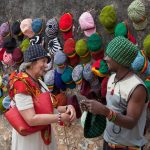





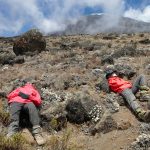
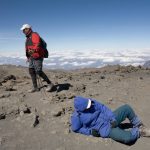





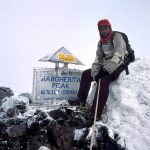
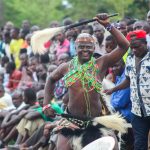

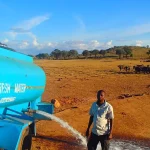
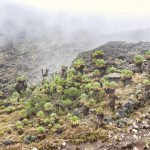


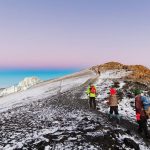



![How Did Mount Kilimanjaro Get Its Name? The Fascinating Meaning & History Explained [Expert Guide]](https://www.mateyswildtours.com/wp-content/uploads/2025/06/How-Did-Mount-Kilimanjaro-Get-Its-Name-Meaning-History-Explained-2025-Guide-150x150.jpeg)
